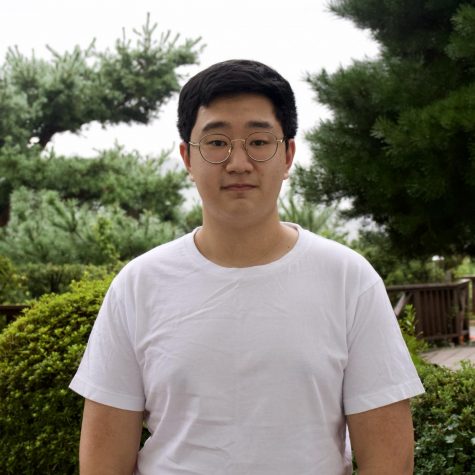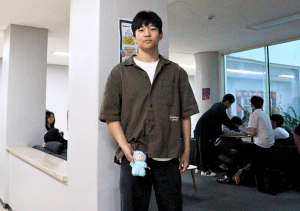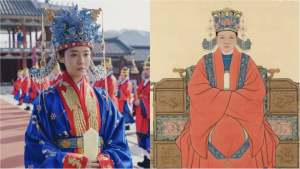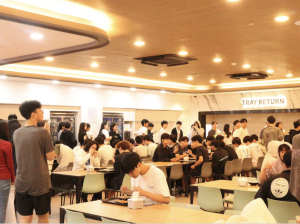From a prosecutor general to the president: How did Yoon Seok-yeol win the 2022 Presidential Election?
Mar 24, 2022
On March 9, People Power Party candidate Yoon Seok-yeol beat the Democratic Party candidate Lee Jae-myung with a historically low margin of 0.73 percent. With it, People Power Party ended the streak of losing 4 consecutive national elections that started in 2017.
Before the election, both candidates had been mired in controversies for months, resulting in one of the most unpredictable presidential elections in Korean history. Approval ratings for Yoon and Lee fluctuated greatly, reaching highs of 42.2 to 43.7 percent. Their popularity was largely affected by scandals and political moves, such as Yoon’s decision to endorse the Game Addiction Act and Lee’s promise for a universal basic income.
“I personally do not support Lee because of his tax policies.” Triston Lee (11), a student deeply interested in Korean politics, said. “I think he lost a lot of the support from the middle-class Koreans who supported President Moon in the beginning of his term because of Moon imposing higher rates of taxes and candidate Lee supporting that decision. This administration has also been dramatically increasing the minimum wage during the pandemic, despite the economy being in a state of stagnation.”
Still, there are other reasons why students believe Yoon ultimately won the election.
“I think it was because of the various scandals that the Democratic Party of Korea was involved in.” Eric Chang (11), a known supporter of the People Power Party, said. “Having double standards, the Democratic Party repeated the policies that they criticized during president Park’s presidency. I think this was a major factor.”
President Moon Jae-in’s administration played an imperative role in the election. Many turned to Yoon due to their disappointment with Moon’s administration and antipathy toward candidate Lee Jae-Myung, who are in the same party, rather than seeing eye-to-eye with Yoon or his agendas. Moon received criticism throughout his presidency for his tax policies that dramatically increased the property tax rate, and by the time of the election, his approval rating dropped from 47 to 38.1 percent.
“What is very interesting is that South Korea has a very narrow political spectrum.” Jared Rock, English teacher, said. “The candidates from the major parties support similar policies and the results of the election will really depend on the name value of the parties and the candidates rather than the policies they support.”
Yoon was successful, but his close victory proves that he has plenty of work to do. His administration will be obligated to solve sensitive problems such as the abolition of the Ministry of Gender Equality and Family, the military conscription plans for women, pension reform, and the New Cold War between China and the United States in order to maintain its supporters, especially in light of the Russo-Ukrainian war.
As expected, most men in their 20s voted for Yoon whereas most women in their 20s voted for Lee. On the other hand, Justice Party minor candidate Sim Sang-jung, according to the three major broadcasting companies, was the most consistent, receiving a similar number of votes from all generations.
“Gender dispute is a large issue in South Korea,” Steven Nave, history teacher, said. “Many public figures are insulted and threatened online for openly taking feminist stances, and it seems like feminism in Korea is treated like an extremely radical ideology. It was personally very surprising for me because the public opinion towards feminism is going the opposite direction compared the United States.”
To resolve anti-feminism supporters’ dissolution who have turned their backs on Yoon after Lee Soo-Jung and Shin Ji-ye, feminists joined Yoon’s election campaign. The People Power Party effectively overcame this issue by pledging to abolish the Ministry of Gender Equality and Family. Yoon would not have been able to collect as many votes if the People Power Party did not focus their policies issues that the male population, as a majority of Yoon’s supporters are male.
The success in Yoon’s presidential election campaign lies behind the fact that Yoon effectively targeted the political liquidity of the younger generation and won votes by focusing primarily on the male population rather than both male and female.







